Marvin DeFoe on Anishinaabe culture and stories of ma'iingan
Marvin DeFoe, or Shingbinase, a tribal elder with the Red Cliff Band of Lake Superior Chippewa, describes the significance of and relationship with wolves, or ma'iingan, in Anishinaabe culture.
By Nathan Denzin | Here & Now
February 21, 2024 • Northern Region
VIDEO TRANSCRIPT
Marvin DeFoe, Shingbinase:
I'm here today to talk about my brother, and my brother is the ma'iingan, the ma'iingan. And ma'iingan means someone that roams the Earth. That's what ma'iingan means. It roams, it roams the Earth. And I'm very intimate with the ma'iingan, that's my brother. And the ma'iingan goes back in our history and our stories, our existence, who we are as Anishinaabe. It goes back to the beginning of time, what the relationship was, Anishinaabe had with the ma'iingan, and we know the ma'iingan is our brother. It's like a family, just like our family. If you have somebody in your family who's your brother, that's the relationship we have with the ma'iingan. And one of the things we learned from our brother, we understand that our brother has a purpose, has a purpose in this world as well as we have a purpose in this world, as well as a butterfly, or a waawaashkeshi, a deer, you know? Everything has a purpose, and the ma'iingan has a purpose in the environment, to help keep balance, to help keep balance in the environment. What happens to the ma'iingan happens to the Anishinaabe, happens to us. That's in our teaching, that goes way back. That goes way back in time. And the ma'iingan, another part of the ma'iingan's job is the universal law, where the ma'iingan has a job to keep the world turning. To keep the world turning. So in our stories, there's stories about the ma'iingan walking the earth when it was being created. So that's how far back it goes. Today, that's a different story. The ma'iingan is under attack. Just as well, Anishinaabe, we're under attack, too. What I mean by that is, we stand up, we voice what happens with the environment, whether it's the fish, the trees, the water, what have you. That's a voice. That's the voice that we do. It's up to us to practice the art of listening.
More Social Issues
Recent Here & Now
Statement to the Communities We Serve
There is no place for racism in our society. We must work together as a community to ensure we no longer teach, or tolerate it. Read the full statement.
 Passport
Passport
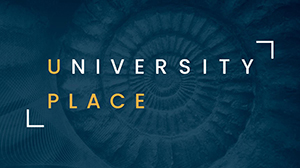
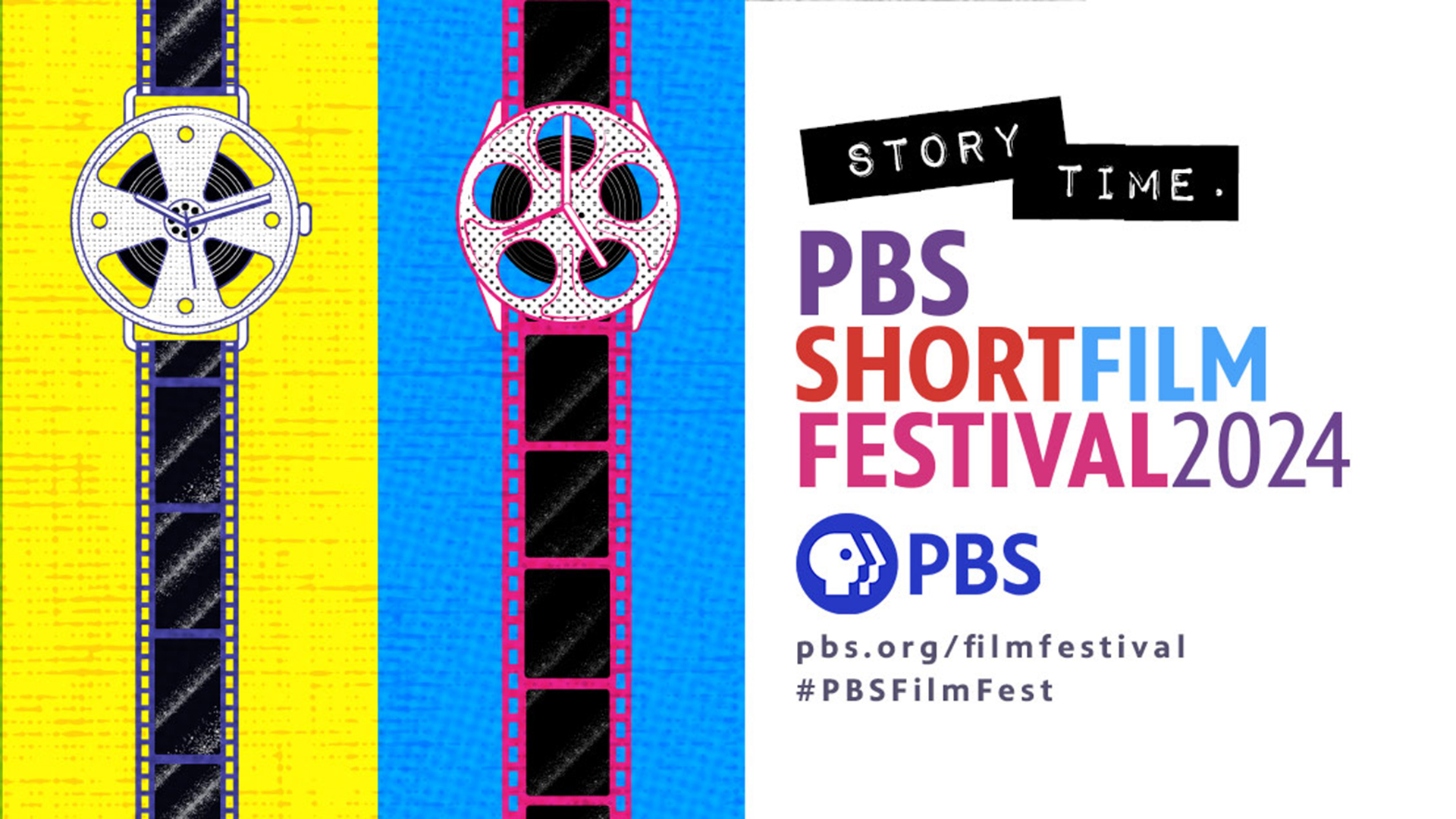

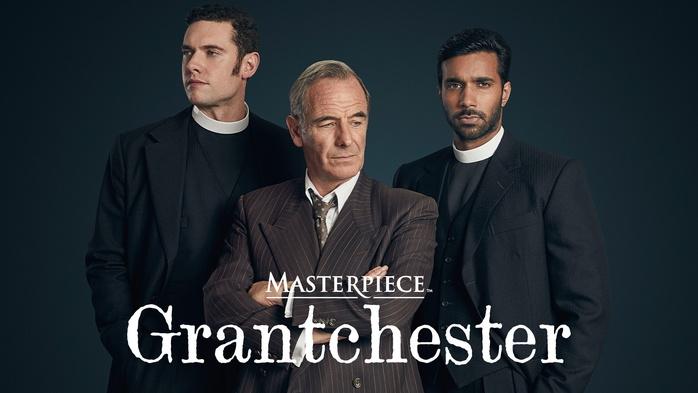
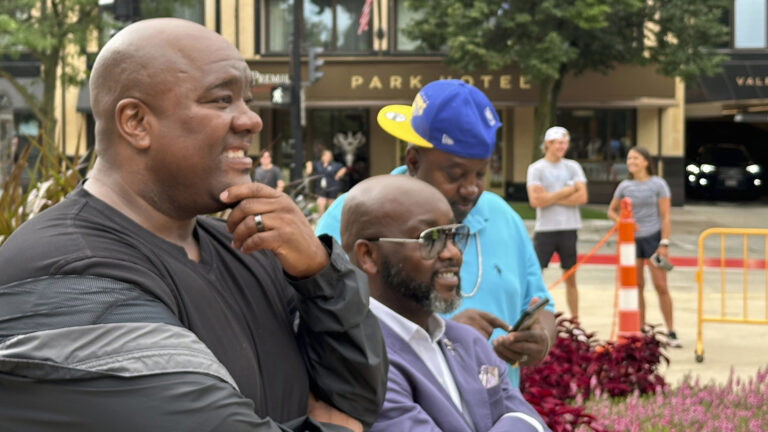
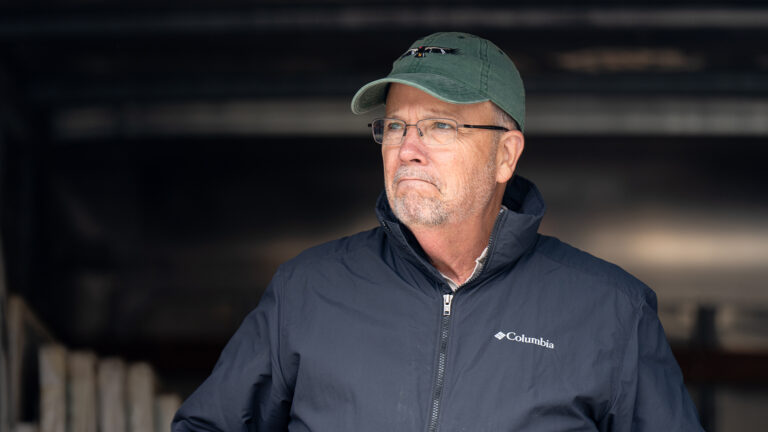
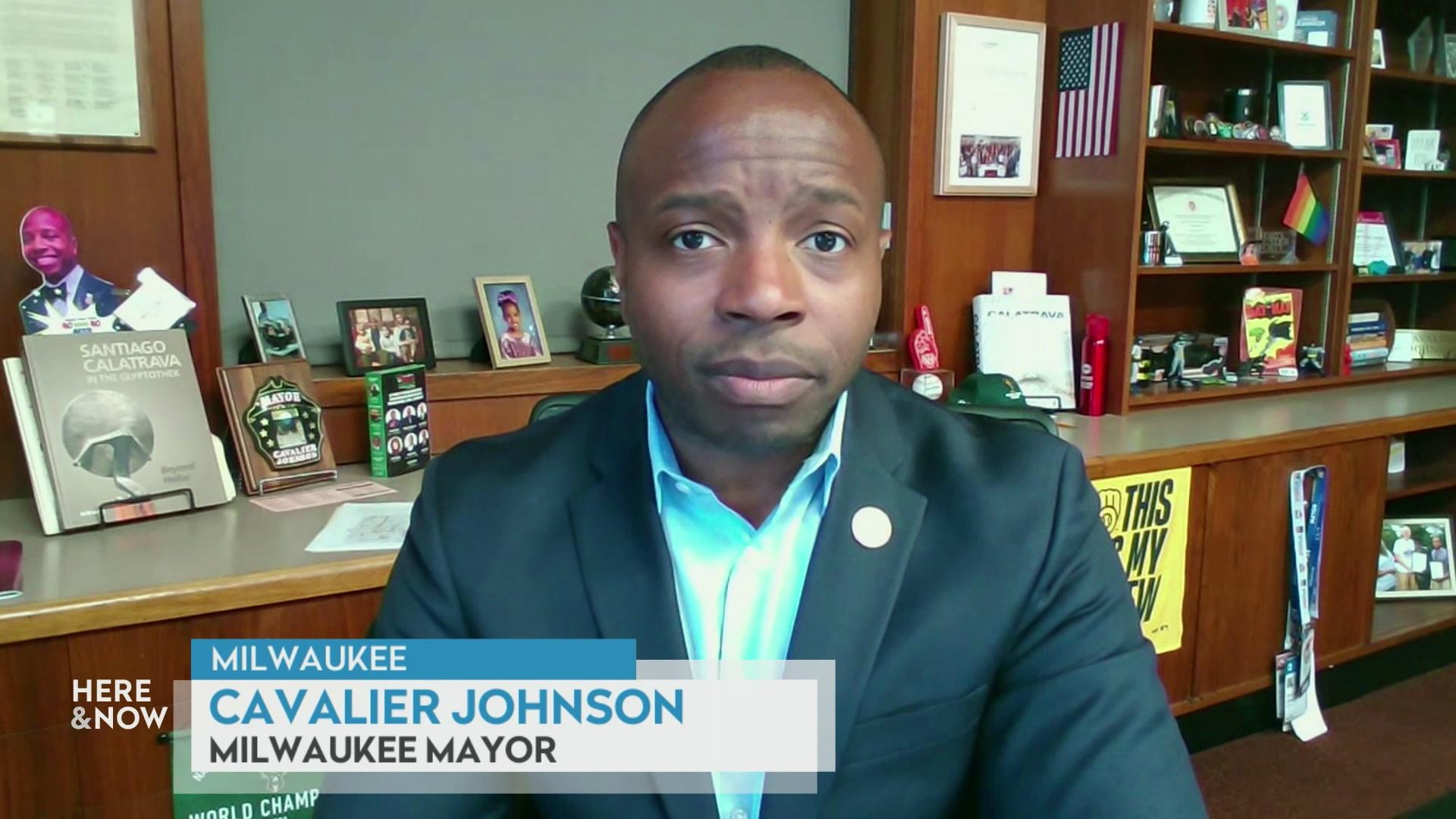
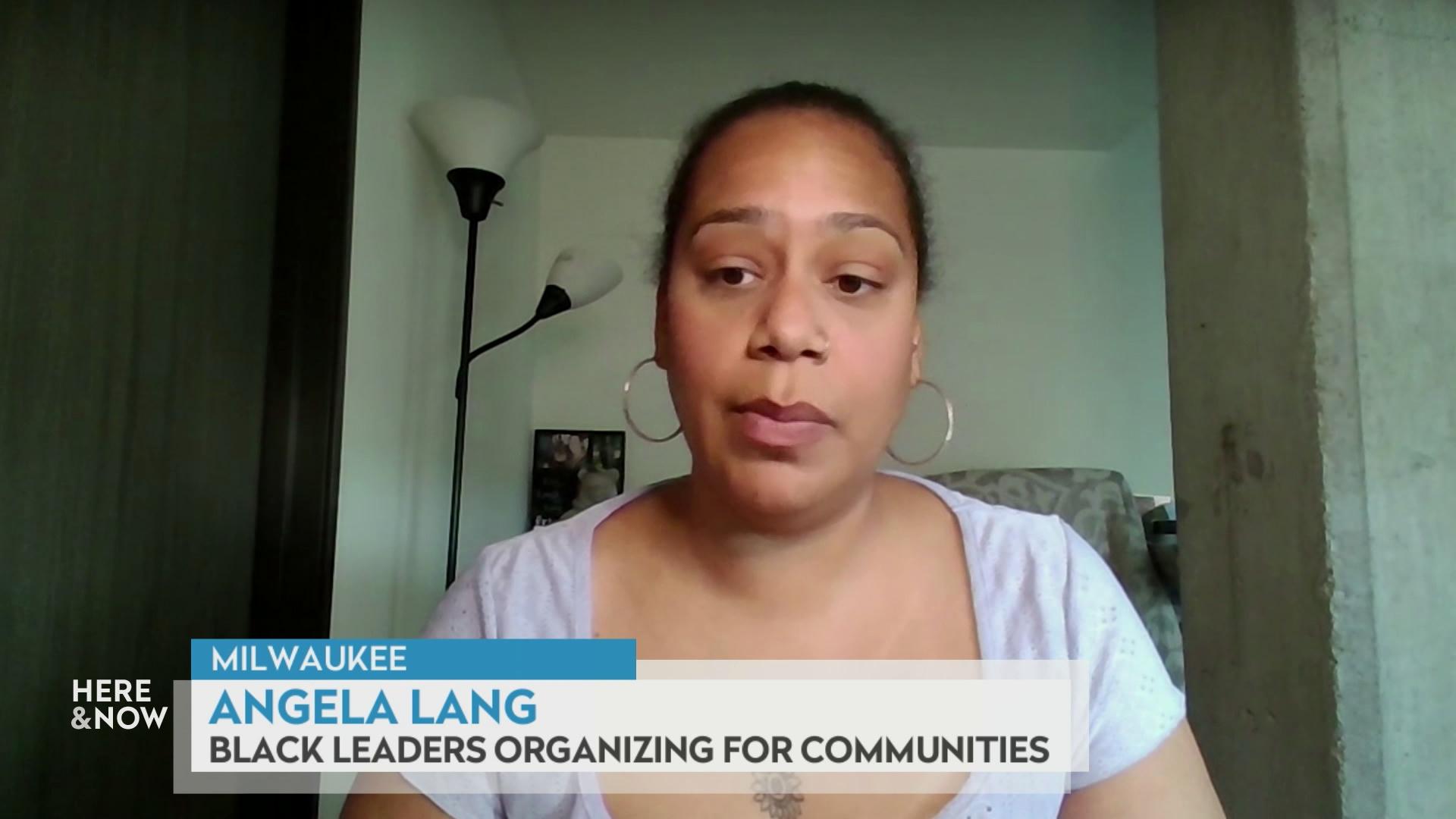
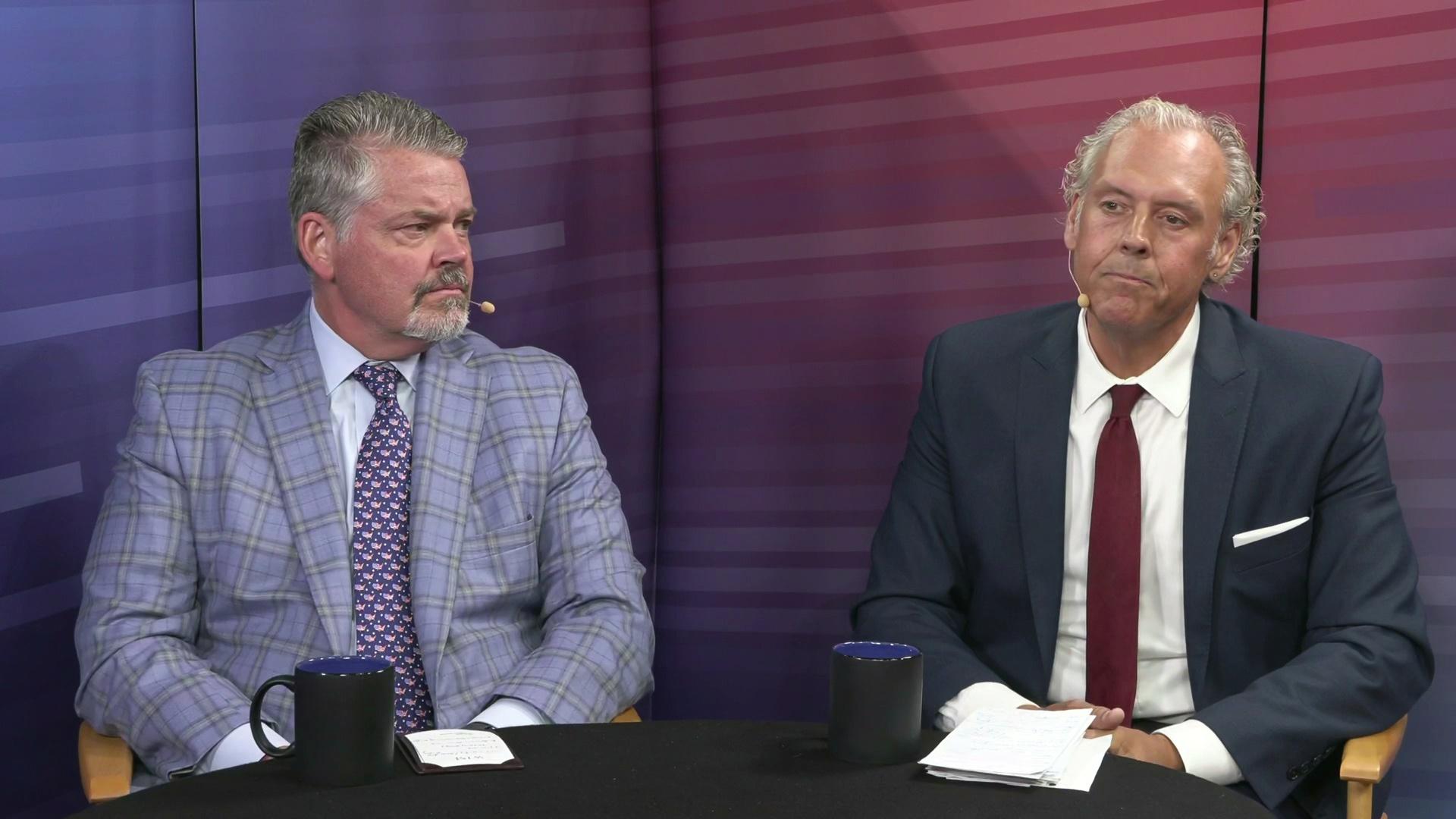
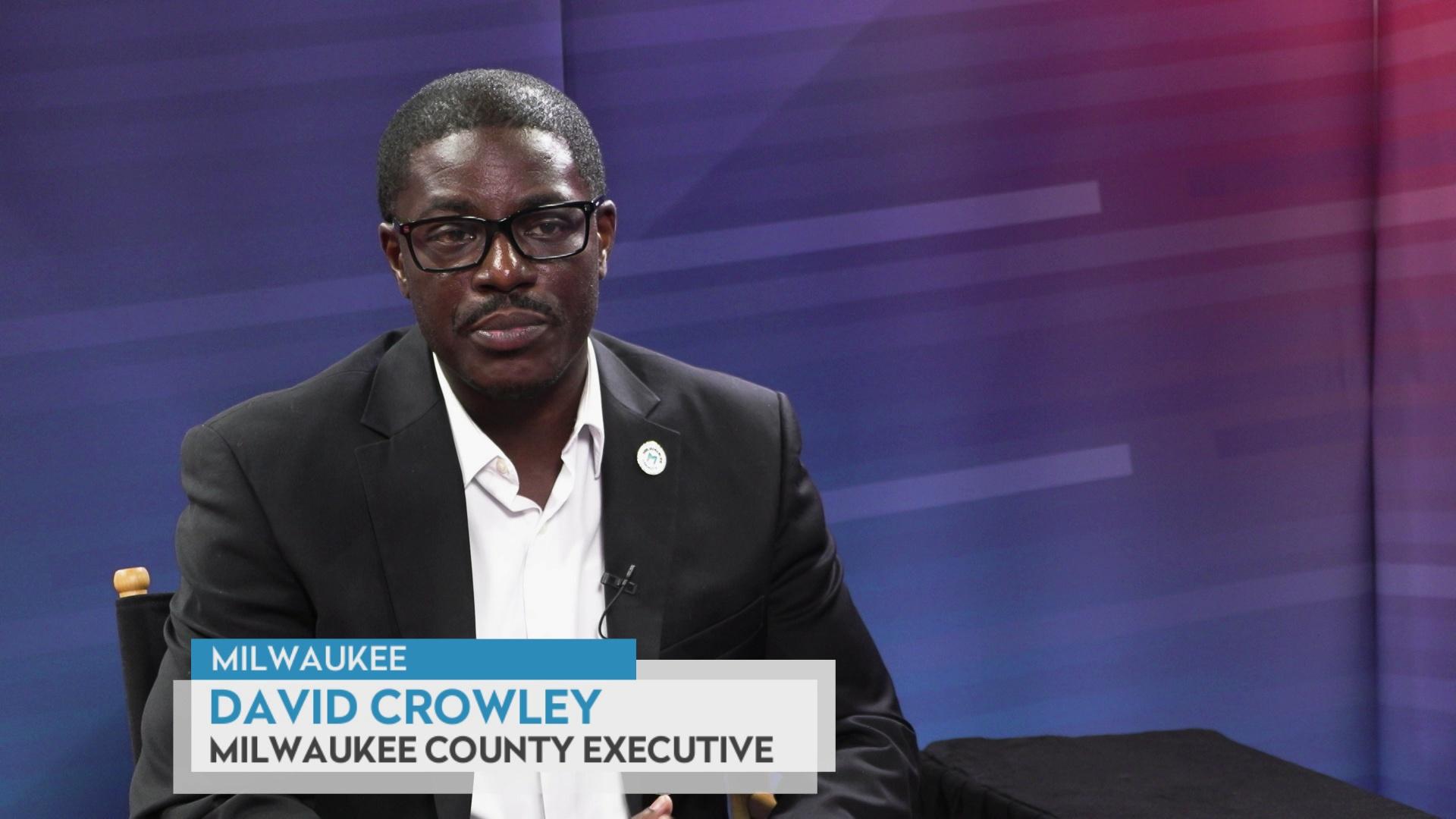
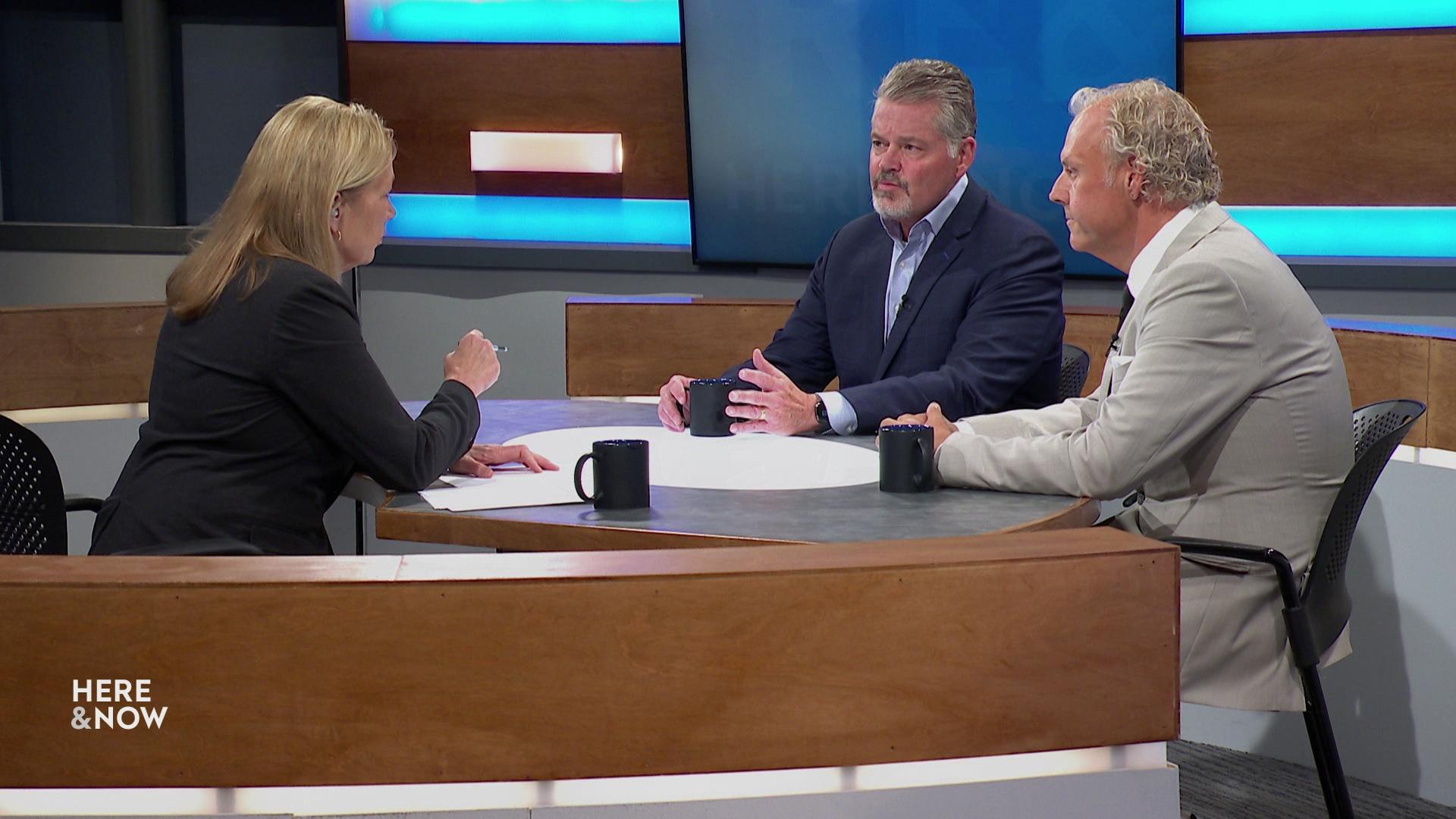
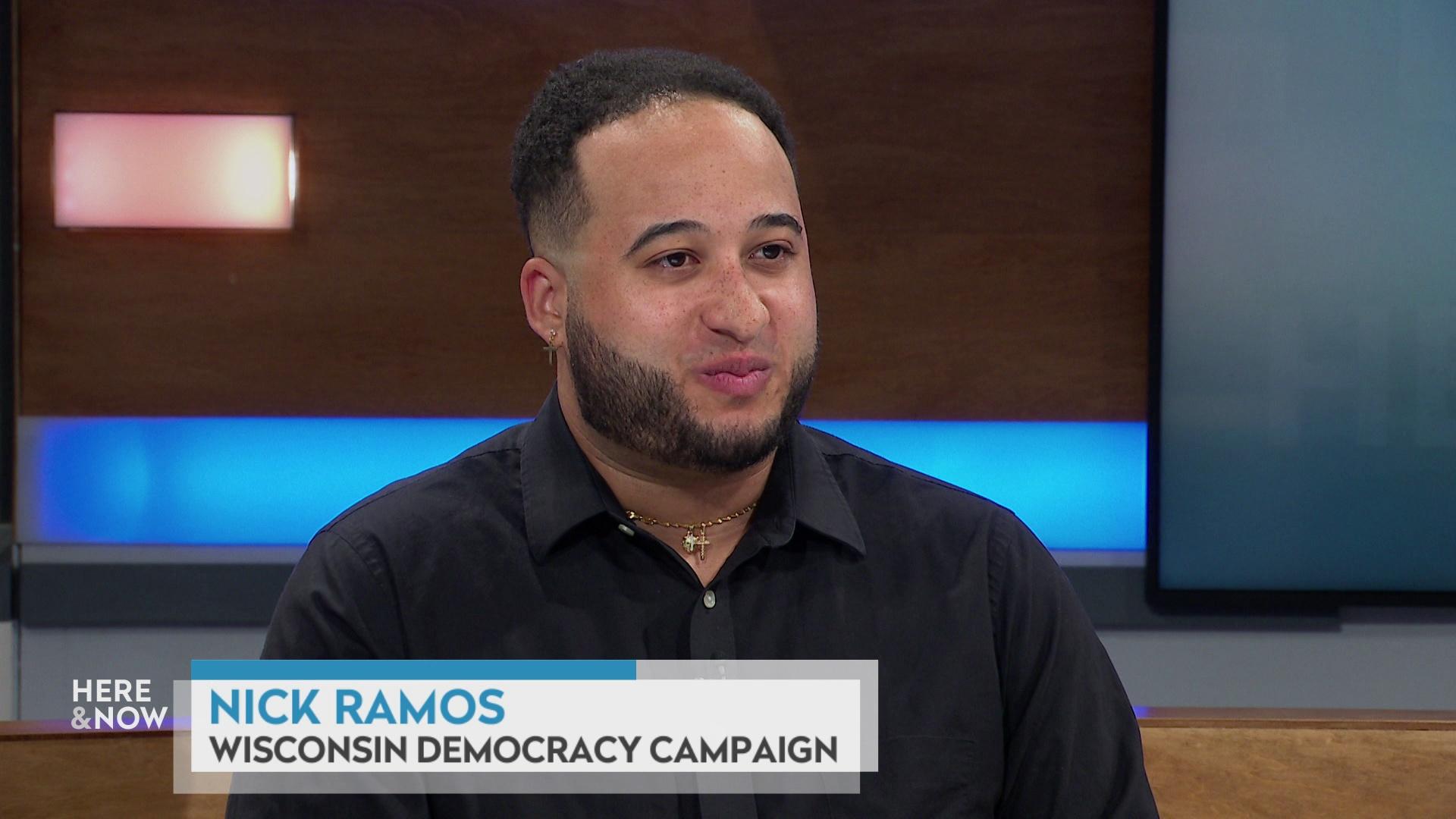
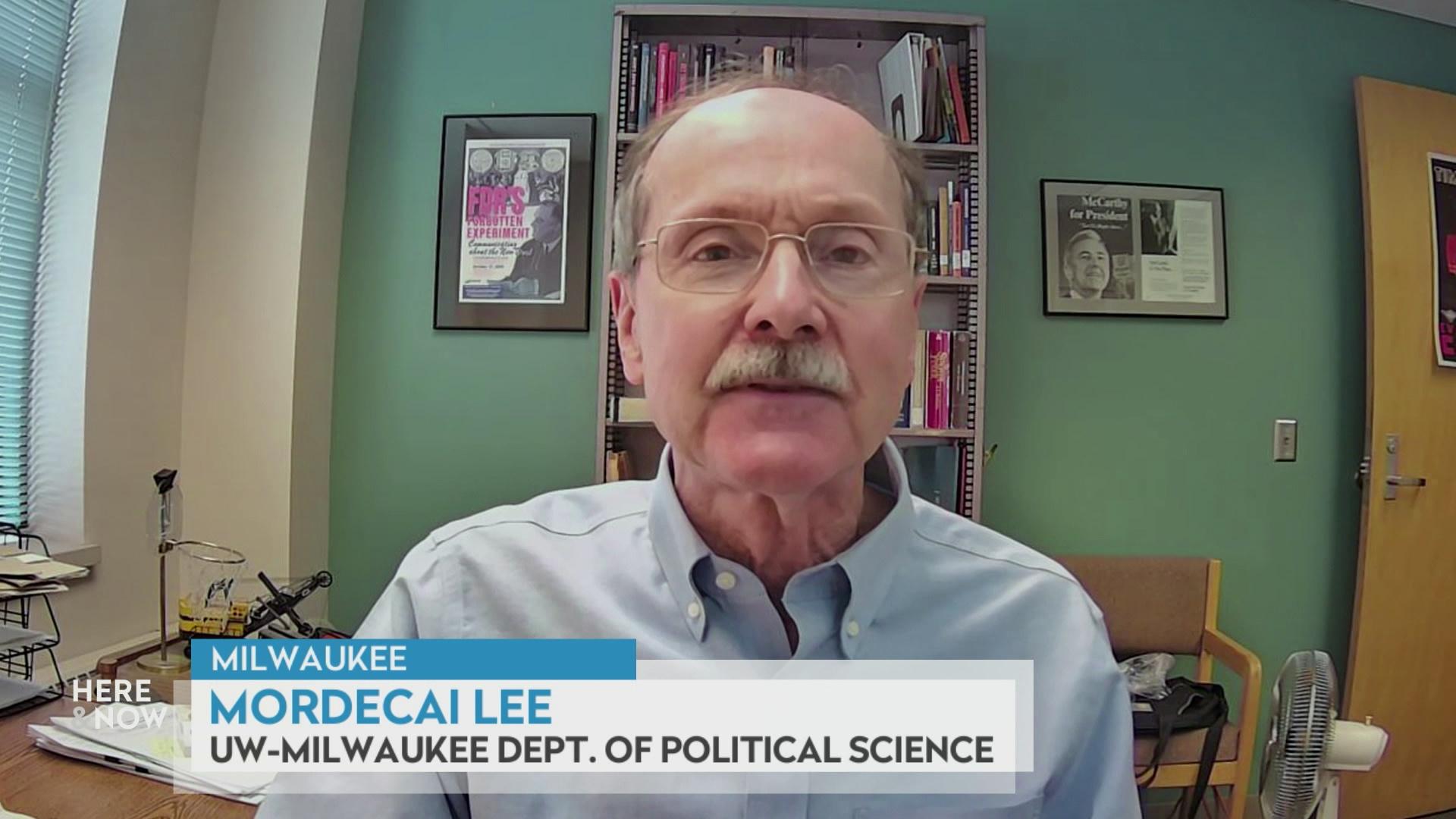
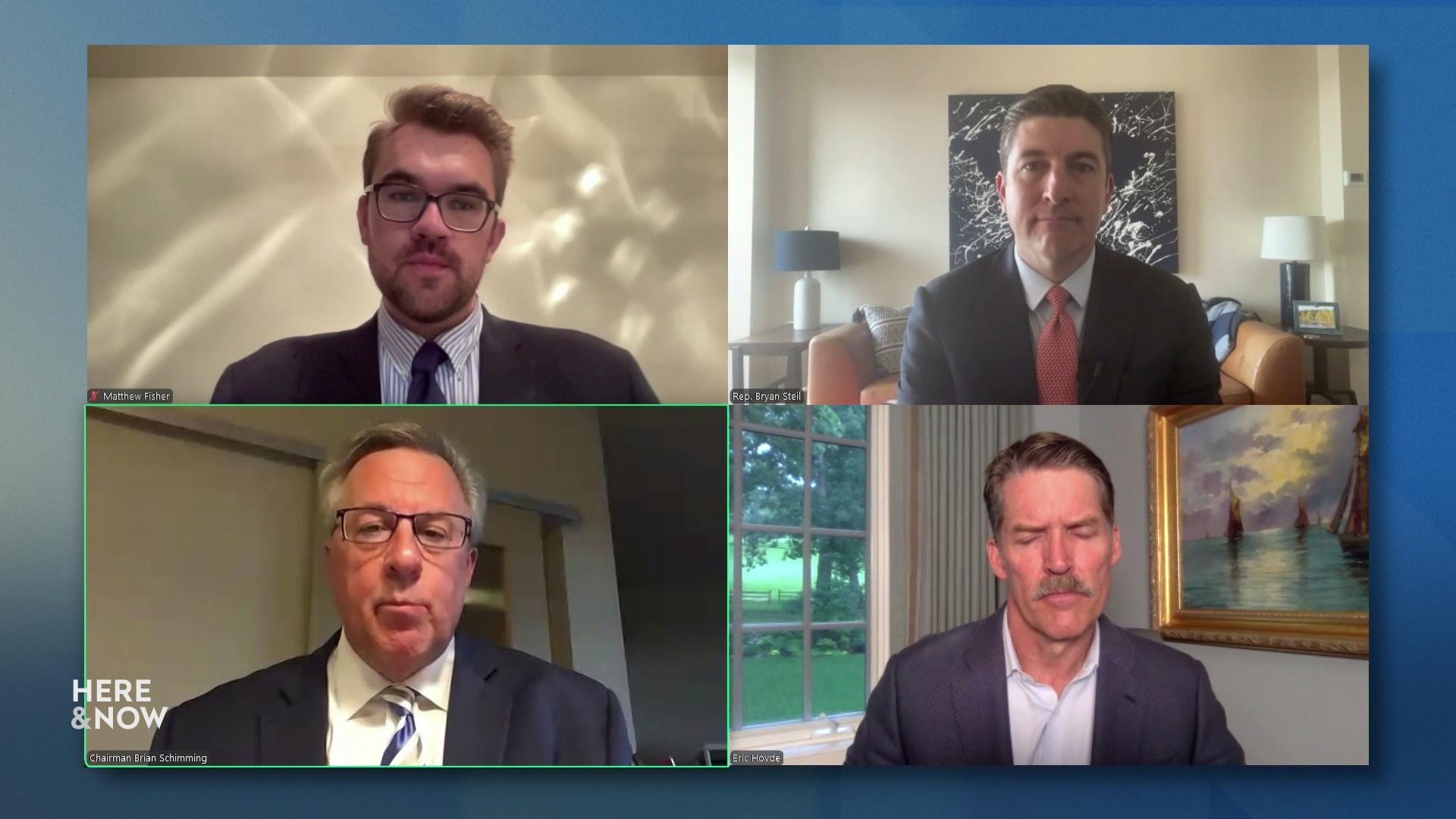


Follow Us